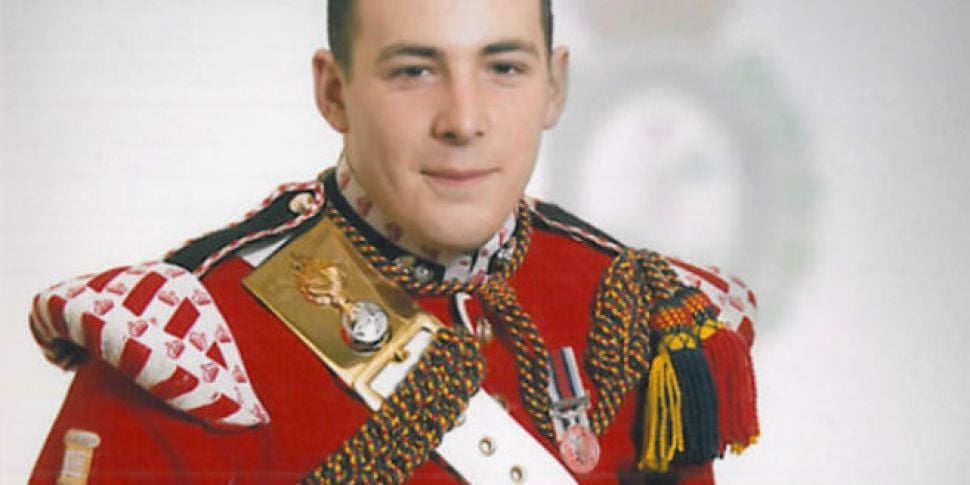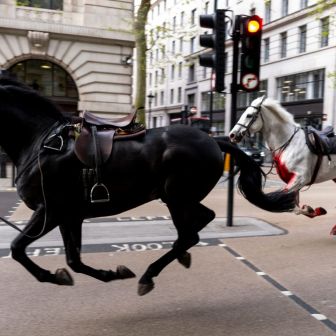The killing of British soldier Lee Rigby could have been prevented if an internet company had flagged up a graphic message from one of the killers in which he threatened to murder a soldier.
The report, by the Commons Intelligence and Security Committee, accused internet companies of "providing a safe haven for terrorists" because of a continued lack of cooperation with UK authorities.
In a key piece of intelligence, the committee revealed Adebowale had spoken online of his desire to murder a soldier, but said the conversation only came to light after the attack.
The report revealed: "This was an online exchange in December 2012 between Adebowale and an extremist overseas, in which Adebowale expressed his intent to murder a soldier in the most graphic and emotive manner."
The committee said the exchange was highly significant.
"Had MI5 had access to this exchange at the time, Adebowale would have become a top priority. There is then a significant possibility that MI5 would have been able to prevent the attack."
Convicted killers Michael Adebolajo (left) and Michael Adebowale (right)
The MPs examined whether the agencies could have discovered this intelligence before the attack, had they had cause to do so.
They concluded that it was highly unlikely and that the one party which could have made a difference was the company on whose system the exchange took place.
But they added: "This company does not regard themselves as under any obligation to ensure that they identify such threats, or to report them to the authorities."
"We find this unacceptable: however unintentionally, they are providing a safe haven for terrorists."
Reacting to the report in the Commons, the British Prime Minister David Cameron said: "Their networks are being used to plot murder and mayhem. It is their social responsibility to act on this and we expect them to live up to that responsibility."
The parliamentary investigation found that none of the major US internet companies approached by the committee proactively monitored or reviewed suspicious content on their systems, largely relying on users to notify them of offensive or suspicious content.
"They appear to accept no responsibility for services they provide"
It also found that none of those internet companies regarded themselves as compelled to comply with UK warrants obtained under the Regulation of Investigatory Powers Act 2000 and that, even if MI5 had sought information - under a warrant - before the attack, the company concerned might not have responded.
The report states: "They appear to accept no responsibility for the services they provide. This is of very serious concern: the capability of the Agencies to access the communications of their targets is essential to their ability to detect and prevent terrorist threats in the UK."
The committee also highlighted failings in the way the security services handled intelligence on both killer Michael Adebolajo and Michael Adebowale, who were convicted of the soldier's murder in Woolwich, southeast London on May 22nd, 2013.
The MPs found that: "The two men appeared, between them, in seven different agency investigations - for the most part as low-level Subjects of Interest. There were errors in these operations, where processes were not followed, decisions not recorded, or delays encountered."
However, the report said: "We do not consider that any of these errors, taken individually, were significant enough to have made a difference."
Michael Adebolajo and his younger accomplice Michael Adebowale ran over Mr Rigby as he returned to his barracks in Woolwich, the pair then stabbed him to death and attempted to decapitate him, as horrified members of the public looked on.
It quickly emerged in the wake of the killing that secret services were aware of both Adebolajo, then 29, and Adebowale, then 22.
The Intelligence and Security Committee examined whether the pair could have been more closely monitored.
The committee found that Adebolajo was a high priority for MI5 during two operations.
"They put significant effort into investigating him and employed a broad range of intrusive techniques. None of these revealed any evidence of attack planning," the MPs concluded.










